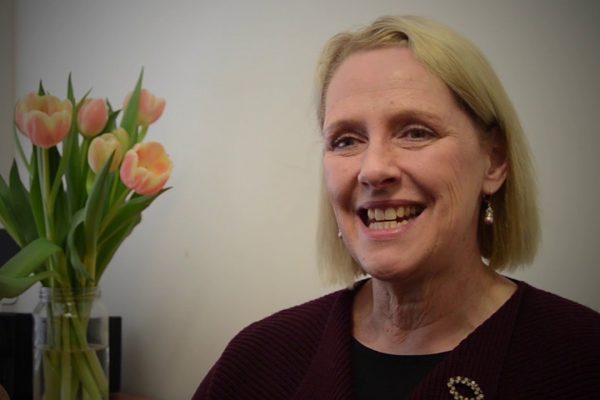And the people stood by, watching; but the leaders scoffed at him, saying, “He saved others; let him save himself if he is the Messiah of God, his chosen one!” The soldiers also mocked him, coming up and offering him sour wine, and saying, “If you are the King of the Jews, save yourself!” There was also an inscription over him, “This is the King of the Jews.” One of the criminals who were hanged there kept deriding him and saying, “Are you not the Messiah? Save yourself and us!” But the other rebuked him, saying, “Do you not fear God, since you are under the same sentence of condemnation? And we indeed have been condemned justly, for we are getting what we deserve for our deeds, but this man has done nothing wrong.” Then he said, “Jesus, remember me when you come into your kingdom.” He replied, “Truly I tell you, today you will be with me in Paradise.”
Today’s gospel reminds us that Jesus has now made his determined journey into Jerusalem and has withstood the contempt and mockery of temple and governmental leaders, as well as from common people along the way. In each of the four gospels there is mention of two others who were crucified with Jesus. Mark and Matthew tell us they derided and mocked him along with others. John tells us that they broke the legs of the two each side of him. Only in Luke do we get this conversation between Jesus and the other two.
Luke will continue his emphasis on the meaning of the life of Jesus right to the very end of the gospel. Only in Luke does this account of Jesus’ death, begin with Jesus’ words, ‘forgive them Father they do not know what they are doing!’ The words ‘My God My God why have you abandoned me’ which appear in Mark and Matthew do not appear in the Gospel of Luke. This scene we hear today is sandwiched between the phrases, ‘Forgive them Father they do not know what they are doing’ and ‘into your hands I commend my Spirit.’ Luke’s Gospel has been an appeal and a witness to the fact that in Jesus, God has visited his people and called them to abandon themselves into the forgiving mercy of God and live in love.
Along the way – a theme so prominent in Luke – we discover what it means to follow. The unlikely characters that we meet along the way in Luke’s Gospel seem to understand him and his call. Now on the cross a final unlikely character gets it. A criminal who is crucified with him. Mention of these others appears in all the gospels but only Luke draws them into conversation with Jesus and it is one of these who sees it: here is an innocent man who has done nothing wrong but only proclaims the powerful forgiveness of God who visits us in Jesus. Perhaps this man too wants to be his disciple and follow him. There is no end to the offer of God’s mercy. Not even for a criminal condemned to death by crucifixion. So Luke offers us our King. Not the King so longed for by Israel and proclaimed in the book of Samuel. David was a King like other national Kings. This King, Jesus, has preached a reign with no boundaries of race, gender or status. All are called to follow Christ. Luke is true to his understanding of the universal significance of Jesus right to the end. Many we know have followed him. Today we are called to renew our own following of him along the way, whatever that might mean for us at this very moment.
By Fr Brendan Reed




Comments
Add Comment